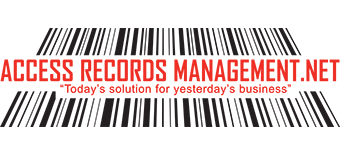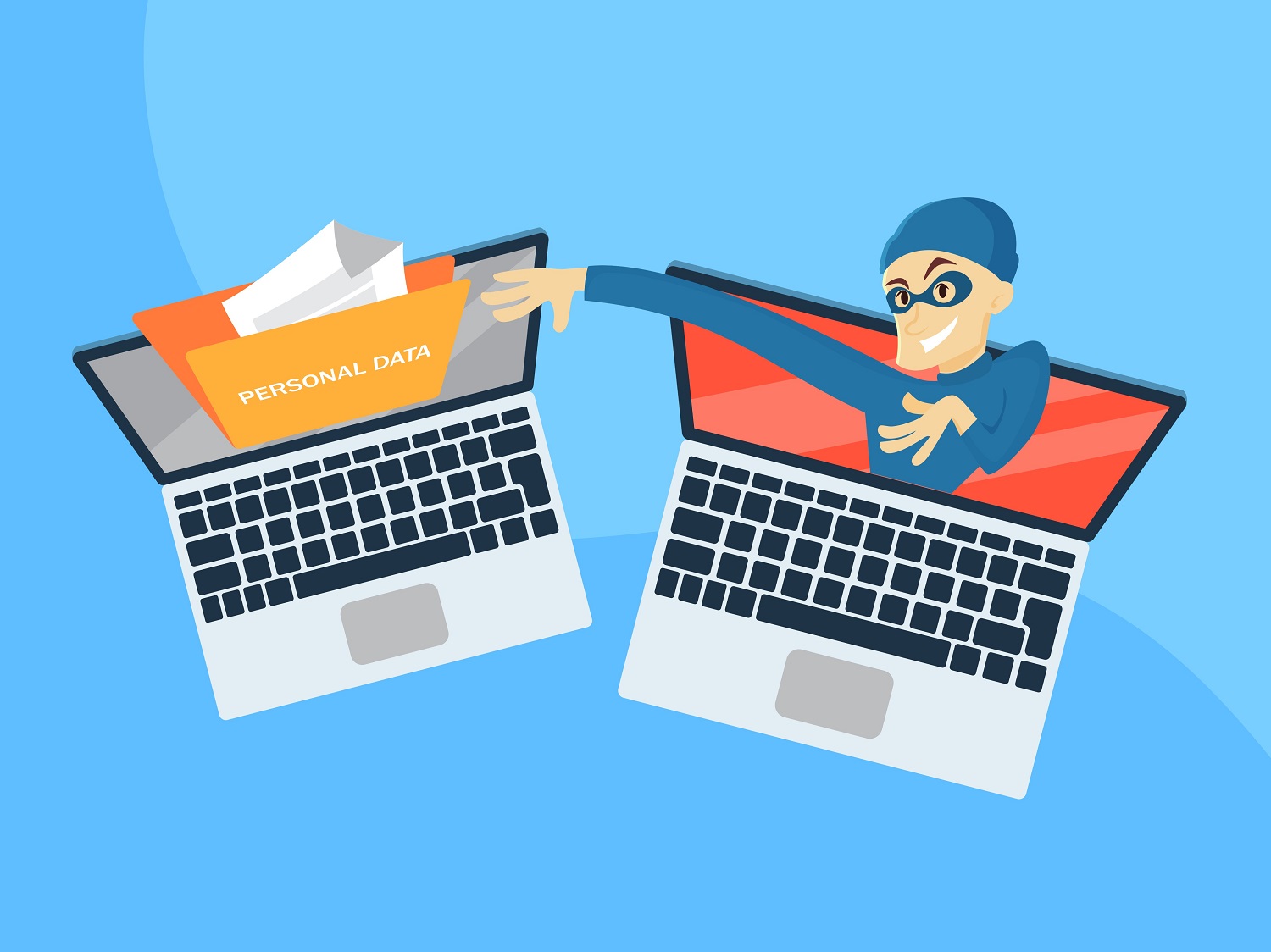IRS Scam Calls, Here Again!
April is right around the corner and so are the IRS scam calls! Have you started receiving them yet? If you didn’t know already, it’s usually not the actual IRS!
How can you spot the IRS scam calls lie?
Typically the calls are automated but there have been live people who call as well saying something along the lines of,
“this is to inform you that the IRS is filing lawsuit against you. For more information on this case file please call our department number at xxx-xxx-xxxx. Thank you.”
Scammers main goals are to scare you! You don’t really owe money, the IRS is not filing a law suit against you and you do NOT need to pay over the phone or send money in the mail!
6 Things the Real IRS Would NEVER Do!
According to the IRS there are a few things to take note of to determine if it is and IRS scam call or not.
- The IRS would NEVER call to demand payment immediately over the phone.
- They would NEVER call about taxes owed without mailing you a bill first.
- They wouldn’t demand tax payment without giving you a chance to appeal the amount.
- The IRS would NEVER ask for debit or credit card payment over the phone!
- The IRS would also NEVER threaten to call the police or other law enforcement for nonpayment.
What do you do if you get a scam call?
- You can call the IRS at 1-800-829-1040 to determine if you actually owe money! If you can’t tell whether or not the call is fake, you can call the IRS and figure out if you actually owe anything.
- Contact the Treasury Inspector General for Tax Administration. Use TIGTA’s “IRS Impersonation Scam Reporting” web page to report the incident.
- You can also report the scam callers to the Federal Trade Commission. Use the “FTC Complaint Assistant” on FTC.gov. Add “IRS Telephone Scam” to the comments of your report.
- If you’re getting emails about taxes and suspect it’s a scam, forward the email to phishing@irs.gov. Then delete it. DO NOT OPEN IT.

